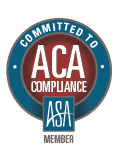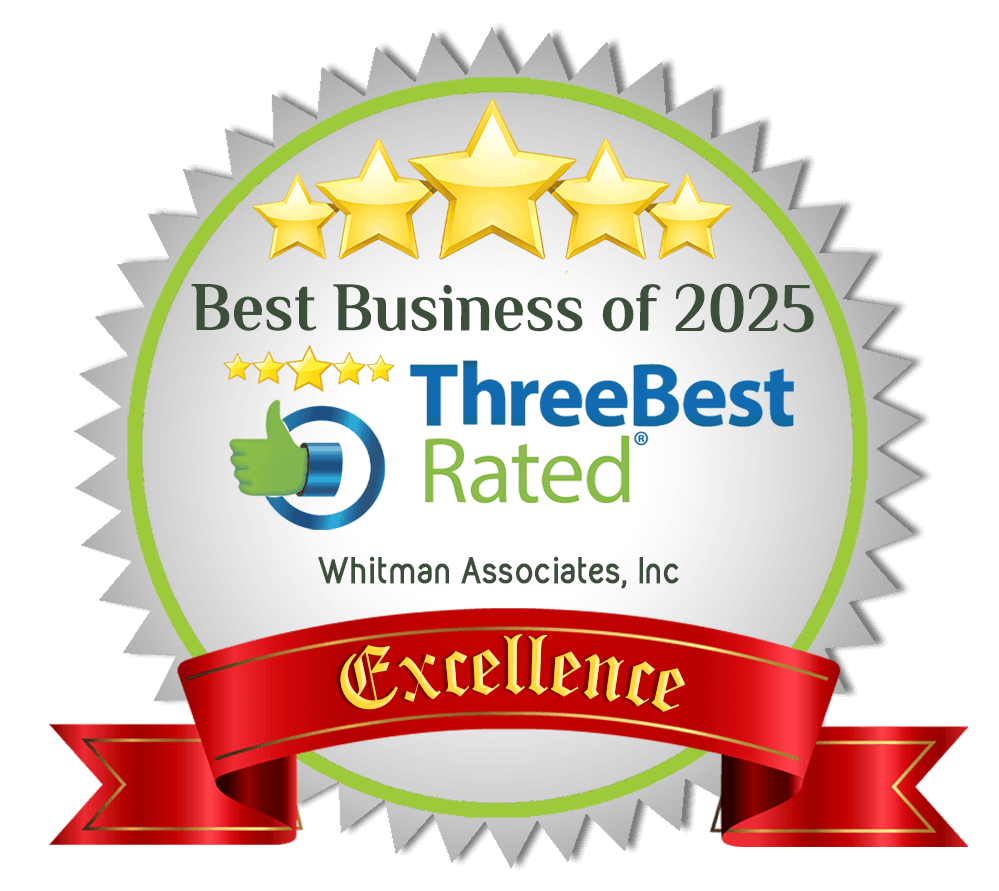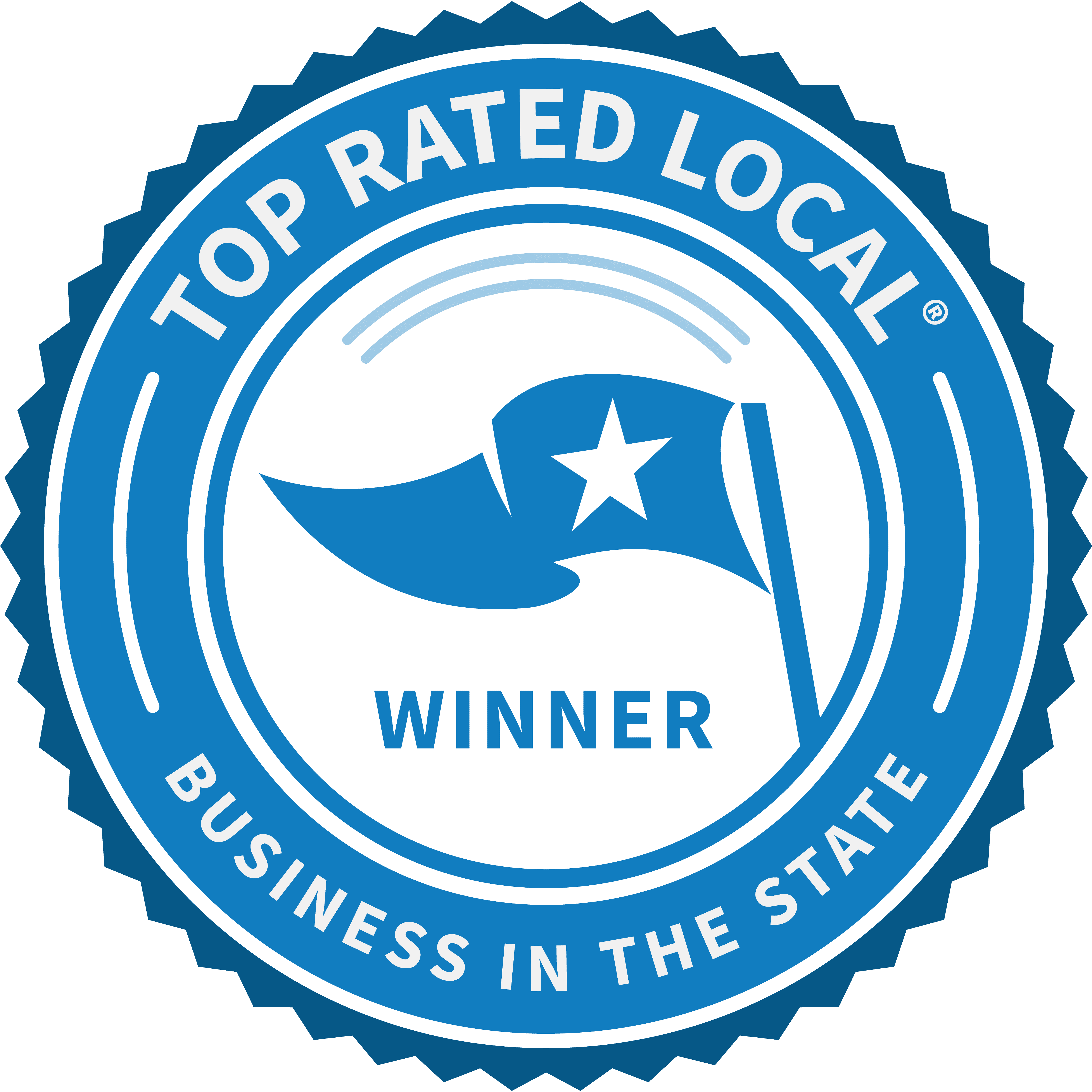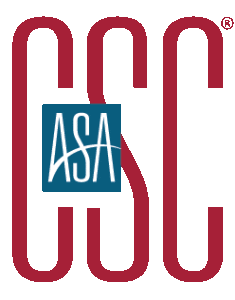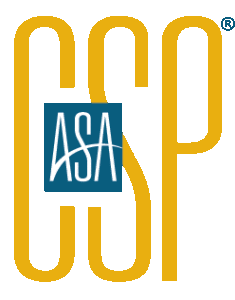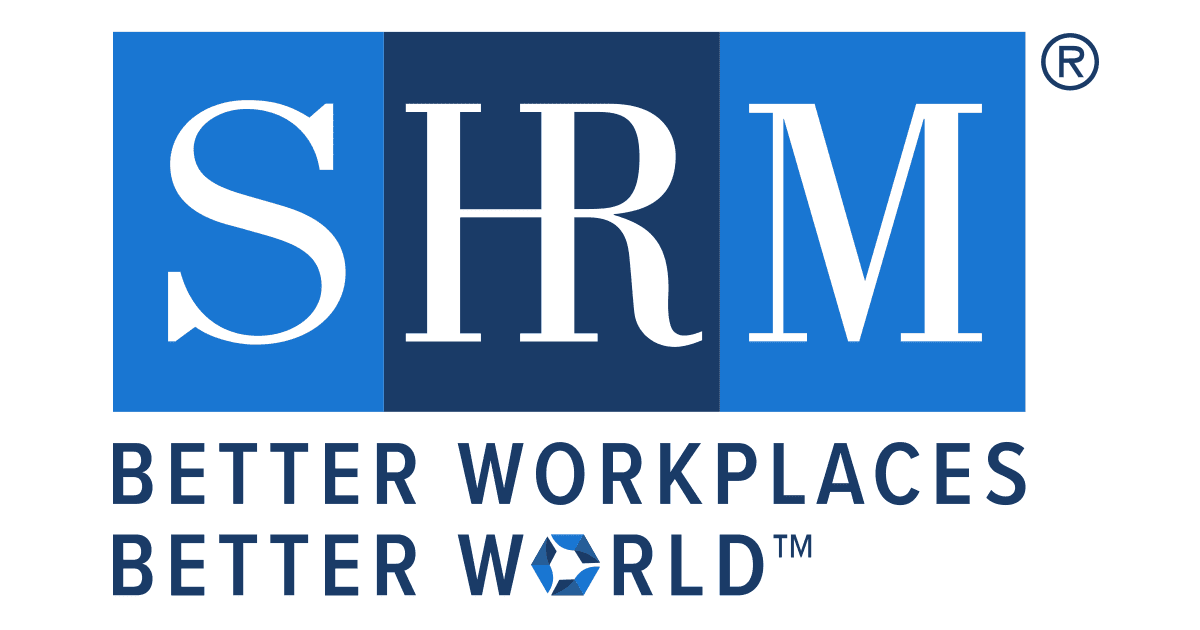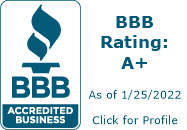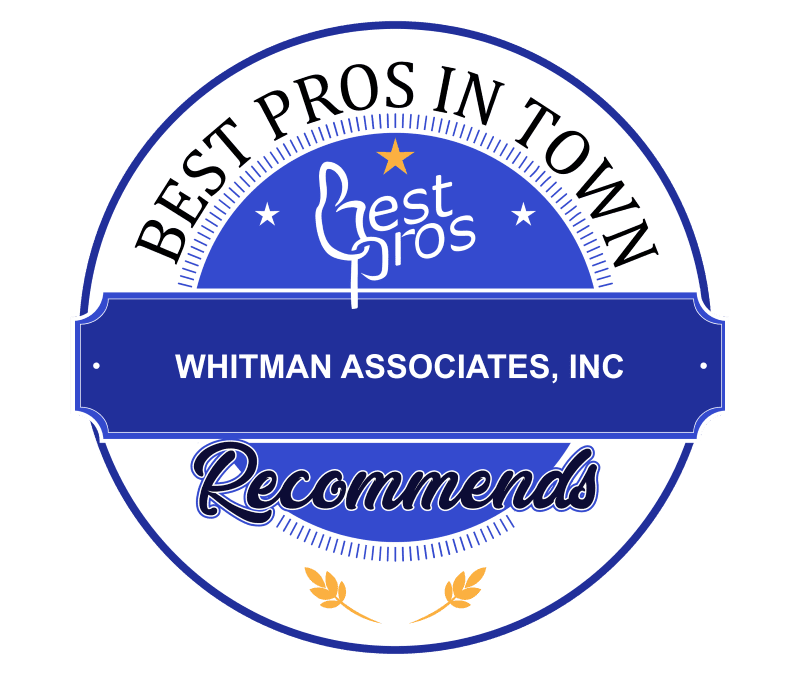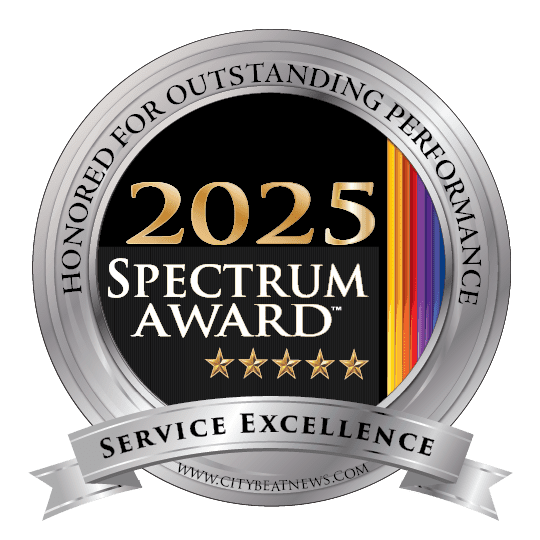Job seekers tend to assume that all open positions are clearly listed. However, as few as 20% of open positions are posted on job boards. This means that job seekers who apply for work exclusively through job postings found online are missing a lot of opportunities. So how do you ask for a job that doesn’t exist or that isn’t listed as open? Just ask!
If you find a company you are interested in working for and don’t see any current openings listed that match your skill set, you can, and should, still submit a cover letter and resume to that company’s human resources department or to a suitable manager within the organization.
That may seem like a waste of time, but really, you will be getting ahead of the game. Whenever a position does open up, the hiring manager will hopefully already have you in mind. Take a look at this sample email asking for job openings to see what this looks like.
Sample Email Asking for Job Openings
Subject line: [Your Job Title (for instance, “Legal Secretary”)] Interested in Career Opportunities
[First Name of HR/Recruiter/Hiring Manager]
My name is [your name], and I am a [recent grad from [school] OR job title and your expertise; for instance, a “social worker with experience in child welfare.”] I hope you’re doing well.
I realize you do not currently have a job opening listed for a [job title], however, I would still like to make introductions and explore ways I can help your team with [value you can provide; for instance, “developing accessibility-focused website projects.”]
I checked out the [company’s name] website and like the projects you are currently developing, in particular:
- [the name of a relevant project with an explanation for why you are interested]
- [the name of a second relevant project with an explanation for why you are interested]
Note: This is also a great place to personalize your email and add information about where you heard about the company and why you would like to work for them.
For the past # years, I have worked with [your experience with examples of past clients or projects. Providing detail and showing you you will be an asset to their team is key.]
When time allows, please see a few examples of my work here:
- [Link to example #1 of your work, if available; you can also attach files if it makes more sense. Be sure to reference the attachment name here instead]
- [Link to example #2 OR attached file]
- [Link to example #3 OR attached file]
Note: If you are a recent grad with limited real-world experience, provide links to college projects, case studies, internship projects or volunteer efforts.
I have also attached my resume to this email. Please let me know if I can provide more information.
Sometime in the near future, I look forward to speaking with you.
Warm Regards,
[Your name]
[Your email signature with contact information]
Apply for a job that doesn’t exist yet
The bottom line for how you ask for a job that doesn’t exist is that you have to take the initiative. Simply calling or sending a note based on this sample email asking for job openings can tell hiring managers that you have initiative and are eager to work with them. The company or hiring manager may not necessarily be looking for someone, or at least not yet. But when you prove yourself to be an attractive candidate, you will get your foot in the door for whatever opportunities come next. Start with this sample email asking for job openings and see where it takes you!



 Mia, a lifelong Washington, D.C. resident, recently graduated from St. Mary’s College of Maryland with a bachelor’s degree in Psychology. During her time there, she conducted social psychology research and contributed to several labs. She now misses being by the St. Mary’s River.
In her free time, Mia enjoys climbing, running, and reading. Her favorite place to go outdoor climbing is Safe Harbor, PA.
Mia, a lifelong Washington, D.C. resident, recently graduated from St. Mary’s College of Maryland with a bachelor’s degree in Psychology. During her time there, she conducted social psychology research and contributed to several labs. She now misses being by the St. Mary’s River.
In her free time, Mia enjoys climbing, running, and reading. Her favorite place to go outdoor climbing is Safe Harbor, PA.










